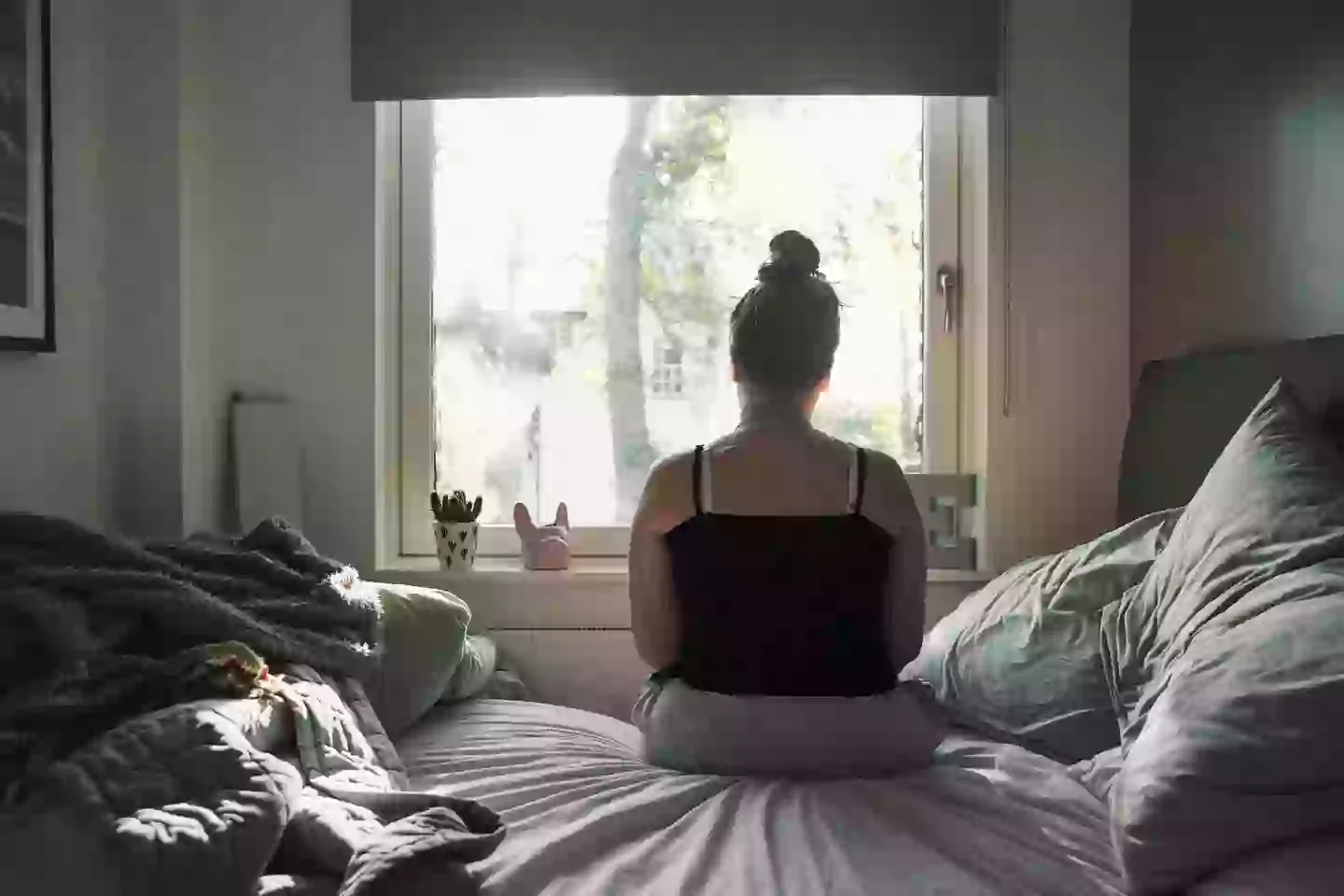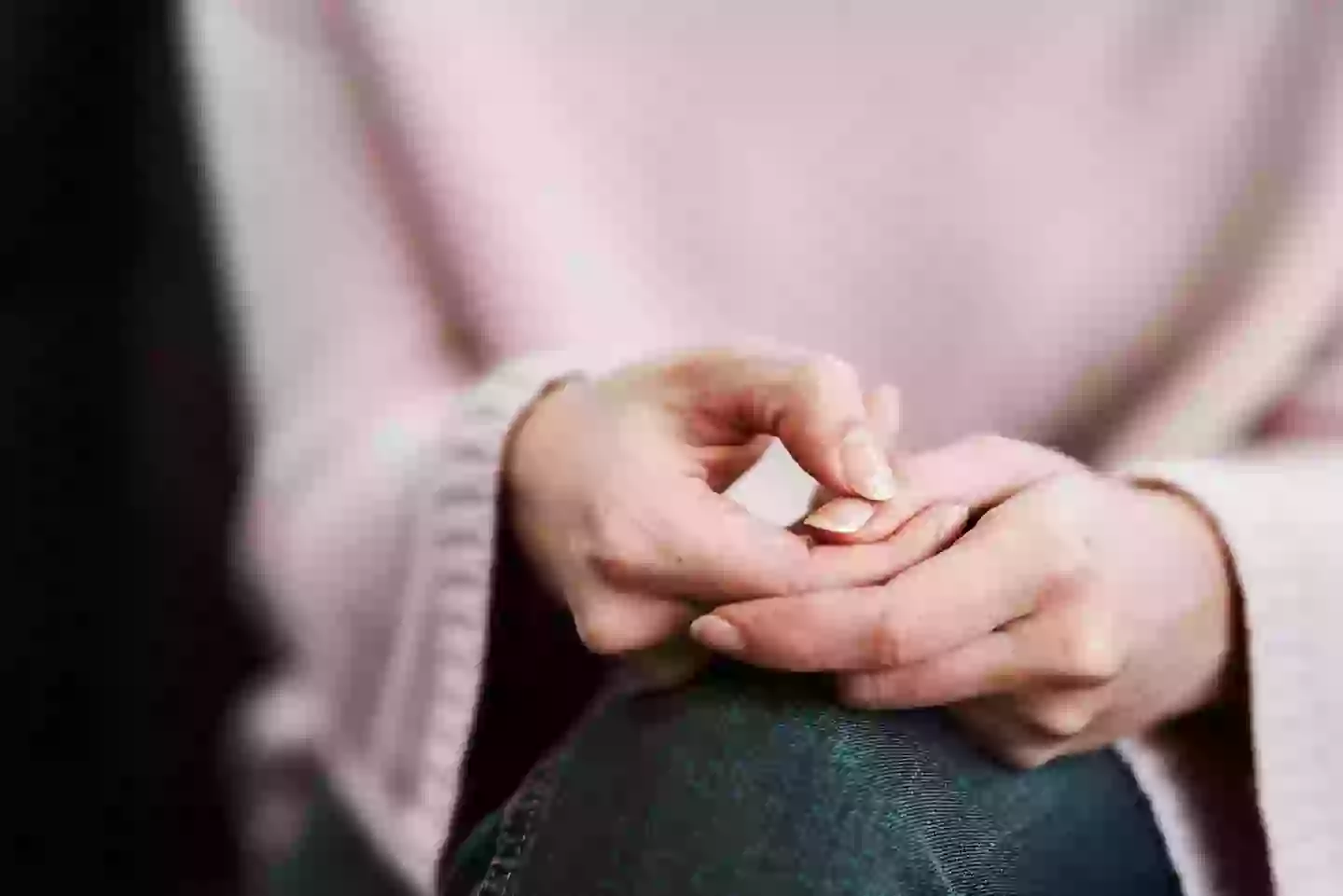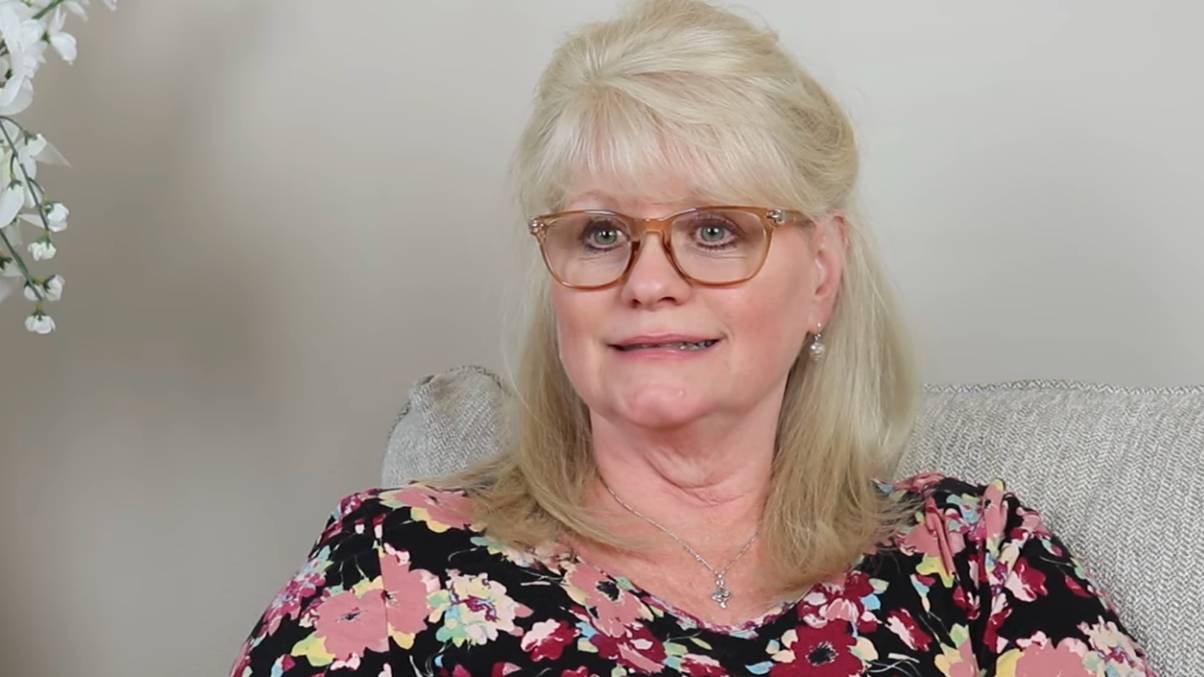Step Inside the Mind of Social Anxiety: A Harrowing Simulation You Have to Experience to Believe
Ever tried explaining what anxiety truly feels like to someone who’s never had a panic spiral? It’s like telling a cat why it can’t just chill with the vacuum running. Sure, lots of folks peg anxiety as just “worrying too much,” but a TikTok video recently surfaced that flips that idea on its head—giving a raw, unfiltered peek into the chaos of social anxiety. This isn’t your garden-variety nervousness before spilling coffee on a date; it’s a full-blown mind-and-body tempest that can freeze you in place or make leaving the house feel like a mountaineering expedition. The clip, born from a mental health campaign by Bridging Minds, attempts to bridge that huge gap between “I get it” and “No, you really don’t,” humanizing a struggle that’s often invisible—and nearly impossible to grasp unless you’ve been there. Trust me, there’s way more beneath the surface than what any video can capture, but it’s a damn good start to breaking the stigma and sparking real conversation. LEARN MORE
It can be really difficult to understand other people’s struggles if you’ve not experienced them yourself, especially when it comes to mental health struggles like anxiety.
While some people might think having anxiety just means worrying a lot, a simulation posted on TikTok has given a little bit of insight into just how wrong that is.
The video, posted to YouTube as part of an anti-stigma mental health campaign by Bridging Minds, allows viewers to experience a firsthand glimpse into what life with social anxiety, a form of anxiety disorder, is really like.
Of course, there’s only so much you can experience from a visual point of view and there are far more symptoms experienced by people who are struggling with the mental health issue.

Social anxiety can be crippling for people who live with it. (Getty Stock Images)
What is social anxiety?
Social anxiety is a form of anxiety disorder that is exacerbated by being in social situations. A person with social anxiety might experience intense fear, nervousness or a strong discomfort in social situations.
It could be a fear of being judged or scrutinised or a fear of embarrassment or humiliation.
While some people might think it’s just a strong reaction to feeling shy, social anxiety goes far beyond normal shyness and can manifest in a number of debilitating physical symptoms, such as increased heart rate, sweating, dizziness and digestive issues.
Sometimes the fear of social situations can be so severe that people find it difficult to leave the house or even speak to people on the phone, creating a feeling of isolation and loneliness.

Social anxiety is a lot more than just feeling shy. (Getty Stock Images)
Signs you might have social anxiety
According to the NHS, you may have social anxiety if you regularly experience any of the following:
- Worry about everyday situations like meeting strangers, starting conversations, or speaking on the phone
- Stress about social activities like group conversations, eating with others or parties and often avoid them all together
- Overthinking about something you consider to be embarrassing such as sweating or blushing
- Struggling to do anything while being watched over fears you’re being judged
- Physical symptoms such as feeling sick, having palpitations, trembling and sweating
- Experience panic attacks with an overwhelming sense of fear and anxiety
Anxiety simulation
The video was recently reposted to TikTok and many people who live with anxiety disorders themselves took to the comments section to discuss their own experiences and how accurate they felt the clip was.
“This is really accurate but in my experience it doesn’t stop until I am completely alone or in a place I feel comfortable or people I know,” one TikToker commented.
Another added: “As someone with an anxiety disorder, yeah,” while a third added: “Super accurate, I always get mates to check out items for me.”
If you’re experiencing distressing thoughts and feelings, the Campaign Against Living Miserably (CALM) is there to support you. They’re open from 5pm–midnight, 365 days a year. Their national number is 0800 58 58 58 and they also have a webchat service if you’re not comfortable talking on the phone.


















